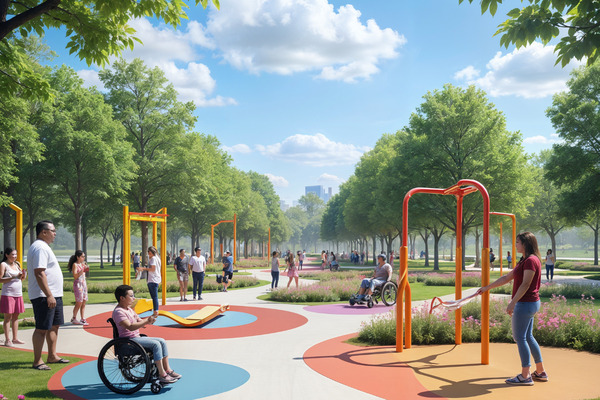
In this course, participants will examine the exclusion of people with disabilities in civil rights movements, explore the role of media in shaping views of people with disabilities, and build an understanding of how educational practices can support the presence of students with disabilities in schools. Read more

This introductory course will empower educators to strengthen inclusive practices by providing fundamental information about special education, including pivotal legislation, essential acronyms, and inclusive language etiquette. Read more

The EdActivist App is NEA's volunteer activism hub. Learn how you can use the EdActivist App to stay up to date on upcoming events and to take action online and in-person to support public education and public education champions. Read more

Learn how you can join and use a Virtual Phone Bank (VPB) to call other members and speak with them about important issues facing public education. We will cover how to access a virtual phone bank, how to properly record conversations in VAN, and how to feel confident and comfortable while delivering a message to fellow members. Read more

Learn how to tell your story in a digital space and use relational organizing to build relationships that can create real-world change. Read more

We need a be continuously building a movement of pro-public education supporters to stand up and take action if we’re going to continue winning for our students and schools. Unfortunately, most people will not get involved unless they are asked, and that’s where you come in. Learn the strategies and tactics on how to effectively reach out to your network and ask them to get involved while empowering and compelling them to take action. Read more
Shopping Cart
Your cart is empty
